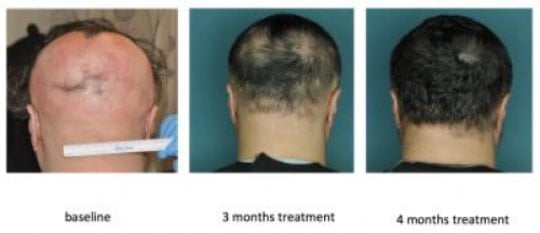
CEDAR RAPIDS — Being clean for nearly two years wasn’t even imaginable to Stephen Washburn when he entered the Linn County Drug Treatment Court.
Washburn, 28, of Cedar Rapids, said Monday that he had used heroin for 10 years and didn’t want to die like his girlfriend and other friends from overdoses. There’s no trauma he can point to as the reason for his use. He started taking prescription opioids with other kids in high school and then when he was hooked, moved on to the cheaper drug — heroin.
He had gone through other treatment programs without success. But the difference for him and others this time came in the support they received from the drug treatment court team — judge, probation officer, substance abuse treatment coordinators and counselors, defense attorney and an assistant county attorney.
Washburn and four others became the 14th class of graduates Monday since the court started in 2007 because, they said, the program made them accountable.
Sixth Judicial District Judge Fae Hoover-Grinde, who leads the court, said these graduates were on the brink of prison a few years ago. This court was their last chance to avoid it, she noted. So she wanted to recognize them for their “tremendous commitment and hard work.”
The court allows offenders to get substance abuse treatment while under court supervision — instead of serving time in jail — by using incentives, sanctions and resources to help motivate each of them.
Only offenders who commit non-violent felonies or aggravated misdemeanors that stem from substance abuse are eligible for the program. The defense attorney and prosecutor on the team make referrals and then the entire team evaluates offenders in deciding who to accept.
Each graduate received a certificate Monday and Iowa Supreme Court Senior Justice Bruce Zager and 6th Judicial District Community Corrections director Bruce Vander Sanden spoke. Some legislators also attended — Rep. Art Staed, D-Cedar Rapids, Rep. Ashley Hinson, R-Marion and Sen. Rob Hogg, D-Cedar Rapids.
Before the ceremony, Mike Berckes, 32, of Cedar Rapids, recalled how when he was in jail other inmates told him that drug court “sets you up to fail” or “prison is easier.” But he learned they were wrong.
“You just have to do what you’re told — it’s easy,” he laughingly said. “I have my life again.”
Berckes said he lost control of his life after he was busted twice for manufacturing methamphetamine and was facing 10 years in prison. He had been using the drug for five years, which resulted in losing his wife, job and home.
Berckes said once he made the decision to take advantage of the program, he never relapsed. He now has a home and job at Mr. Carwash. Berckes said he also has the support of his bosses, who attended Monday.
Another graduate, Corona Scott, 36, of Cedar Rapids, also pointed to the team’s support, which helped her stay clean and find a safe environment away from old influences.
Scott had four charges of possession and was facing prison time when she chose a new life. That’s not to say she didn’t have any problems. She relapsed twice, spending two separate weeks in jail.
“But everything changed after being in the program — I got a house, a car and a good job,” she said. “It works if you want it.”
She’s now a supervisor with MJ Commercial Cleaning in Cedar Rapids.
[“source=TimeOFIndia”]


















